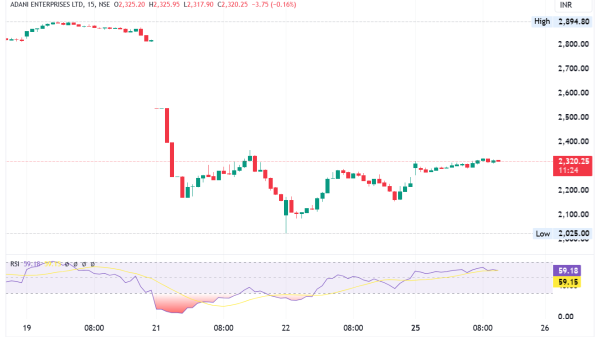
On Friday, UBS expressed concerns over the potential volatility of the Chinese Yuan (CNY), citing ongoing uncertainties surrounding US-China trade policies.
Despite President Donald Trump’s administration not implementing the highly anticipated aggressive trade tariffs on day one, the rhetoric of imposing tariffs on China and the EU persists.
Trump’s initial tariff announcement was a 10% levy on Chinese goods, less severe than expected. In response to the evolving trade landscape, China has signaled a willingness to expand imports, which could be seen as a positive step towards better trade relations with the US.
The People’s Bank of China (PBoC) adjusted the USDCNY daily fixing rate downward by nearly 200 pips, a move that coincided with a weakening US dollar, resulting in the USDCNY rate dropping from 7.33 to 7.28.
However, UBS analysts caution that this could easily reverse if the dollar gains strength again. Domestically, China’s fourth-quarter GDP growth of 5.4% year-over-year surpassed expectations, aligning with the government’s annual growth target of 5%.
Despite a favorable trade balance, the demand for USD in China remains high, and persistent deflationary pressures within the country, coupled with a less dovish Federal Reserve, suggest potential for further CNY depreciation.
UBS acknowledges that while the Chinese government may introduce additional macro-prudential measures to bolster the economy, the uncertainty of US tariff policies complicates the outlook.
In a scenario where the US imposes a significant 60% tariff on Chinese goods, UBS expects the USDCNY to potentially exceed 7.50.
Looking ahead, UBS anticipates the USDCNY to rise to 7.50 in the first half of 2025, given the subdued macroeconomic conditions in China and the risks posed by US tariffs.
However, should US-China trade negotiations lead to milder tariffs or a reversal in USD strength, the USDCNY might test 7.00 or even fall below. The PBoC’s focus on foreign exchange stability could keep the USDCNY fixing below 7.20 until the Trump administration finalizes its tariff plans on Chinese goods.
This article was generated with the support of AI and reviewed by an editor. For more information see our T&C.































